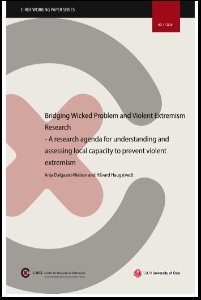By Rosanna Smart, Andrew R. Morral, and Terry L. Schell
The effects of firearm policies, though frequently debated, have historically received less-rigorous scientific evaluation than have the effects of other policies affecting public safety, health, and recreation. Despite improvements in recent years, there is still limited evidence of how some gun policies that are frequently proposed or enacted in the United States are likely to affect important outcomes (such as firearm homicides, property crime, and the right to bear arms). In areas without strong scientific evidence, policymakers and the public rely heavily on what policy advocates or social scientists believe the effects are most likely to be. In this report, part of the RAND Gun Policy in America initiative, RAND researchers describe the combined results from two fieldings (2016 and 2020) of a survey of gun policy experts. Respondents were asked to estimate the likely effects of 19 gun policies on ten outcomes. The researchers use these and other responses to establish the diversity of beliefs among gun policy experts, assess where experts are in more or less agreement on the effects of gun laws, and evaluate whether differences in the policies favored by experts result from differences in experts' assumptions about the policies' effects or differences in experts' policy objectives. The analysis suggests that experts on different sides of the gun policy debate share some objectives but disagree on which policies will achieve those objectives. Therefore, collecting stronger evidence about the true effects of policies is, the researchers believe, a necessary step toward building greater consensus on which policies to pursue.
Santa Monica, CA: RAND Corporation, 2021. 138p.










